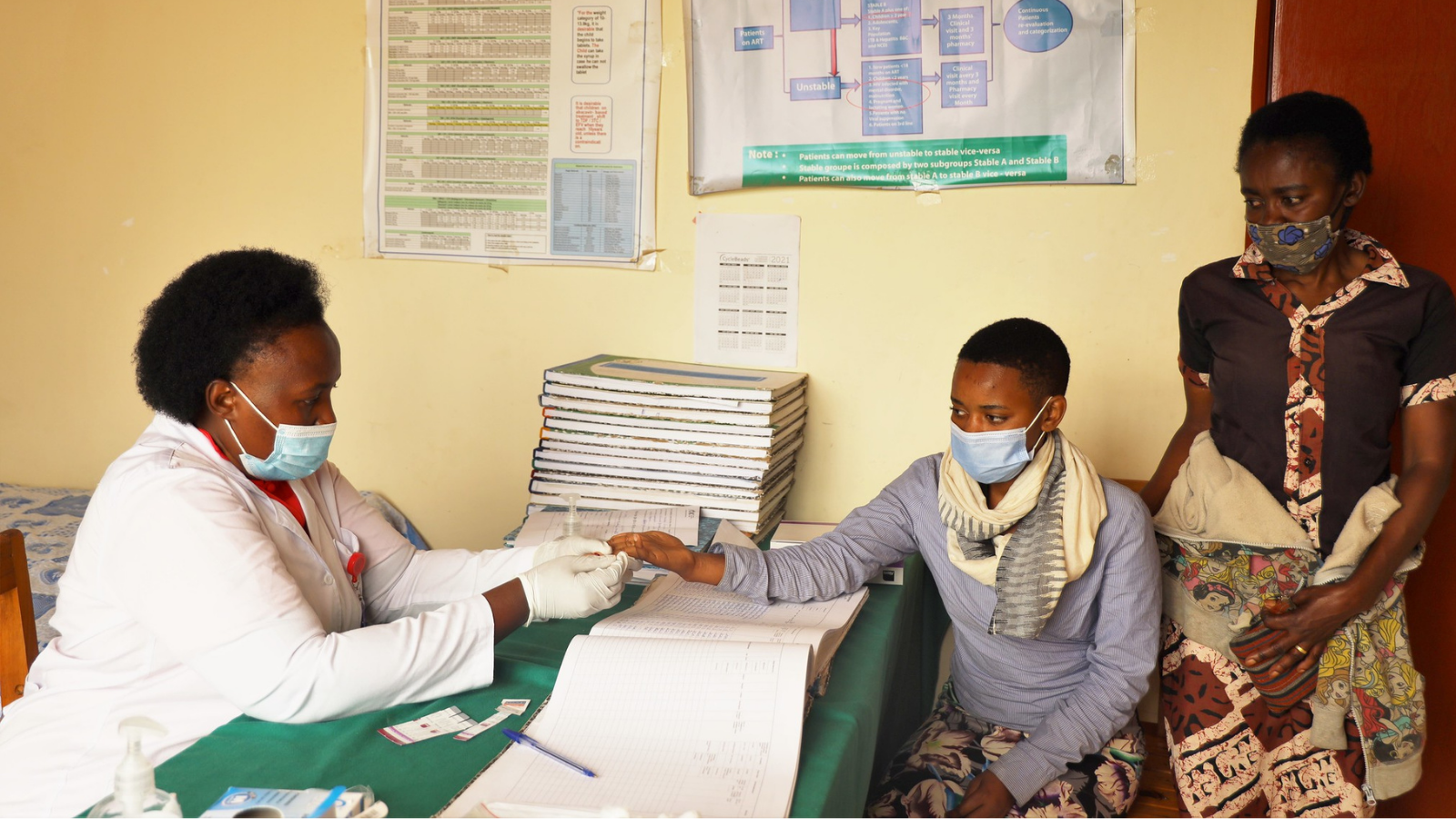Why is Pepfar currently making headlines?
Pepfar, an abbreviation for the “President’s Emergency Plan for AIDS Relief” in the United States, was established by George W. Bush twenty years ago in response to the HIV epidemic.
It is the largest fund of its kind managed by the government. The initiative has donated approximately $110 billion (£90.5 billion) to governments, universities, and nonprofit organizations in 50 countries since 2003, either directly or via USAID and other organizations.
Pepfar has received funding on a five-year cycle until now. Historically, the program has garnered nearly unanimous support from both the Democratic and Republican parties. However, the subsequent funding cycle (2023-2028) became entangled in abortion politics in the United States, and as a result, Congress failed to meet the September 30th deadline for approving an additional five-year funding cycle for the initiative.
What is Pepfar’s connection to the topic of abortion?
Pepfar (or any state agency) is already prohibited by law from paying for abortion services in the United States, according to the Kaiser Family Foundation (KFF), a policy research organization based in California. However, a coalition of conservative legislators and think tanks began to generate attention in May with the claim that the administration of Joe Biden “hijacked” Pepfar to promote abortion rather than HIV treatment and prevention.
Republican lawmakers refused to approve a Pepfar budget package without stricter abortion funding restrictions. This posed a threat to Pepfar’s five-year budget.

The accusations that Pepfar has been coerced to advance a “radical social agenda” abroad are “baseless,” according to Brian Honermann, deputy director of public policy at the Foundation for AIDS Research in the United States. Honermann describes these allegations as “stitched together from unrelated policy speeches, documents, and assertions about how those pertain to Pepfar.”
What does the future hold for Pepfar?
The multibillion-dollar health program is an enduring provision of United States legislation. That means Pepfar will continue to receive funding. But will no longer be granted financing for a consecutive period of five years.
Some of Pepfar’s built-in regulations will expire if it is not reauthorized, including one that mandates 10% of Pepfar funds be donated to orphans and children in need.
Will Pepfar grants be forfeited by governments and organizations?
The fund has sufficient funds (approximately $6.8 billion) to pay governments and civil society organizations through September 2024. But a state department spokesperson warns that Pepfar will not fare well in the long run.
Furthermore, obtaining funding exclusively for a single year will impede Pepfar’s ability to strategize and procure essential HIV resources. Including medication and contraceptives, at the most favorable prices. The fund’s beneficiaries may be put at risk as a result, the spokesperson cautioned.
According to Honermann, the symbolic authority of a five-year commitment will also be diminished. “It shows partner nations that the US will stay with Pepfar.”
Constant ‘gag rule’ apprehension
An additional element has emerged in the controversy surrounding Pepfar’s financing: certain legislators have expressed their condition for resuming the five-year funding cycle being that the fund is once more governed by the “Mexico City policy,” which is also referred to as the “gag rule.”
Governments and organizations are prohibited by the silence rule from providing or promoting abortion services, irrespective of the funding source. In 2017, it was extended to include Pepfar for the first time. Its enforcement is contingent upon the presence of a Republican president; therefore, it is not in effect at this time.
And despite the fact that legislation establishing a permanent gag rule is not yet finalized (and Honermann argues that it would be extremely unlikely to pass the House of Representatives), the threat of such legislation may have already caused harm.
International Impact of US Abortion Policy
According to a study conducted by Fòs Feminista, an international coalition advocating for sexual and reproductive rights, the revocation of the national right to abortion in the United States in 2022 had a widespread and influential effect on several other nations. Respondents in Nigeria, for example, informed Fòs Feminista that domestic legislators were exploiting the shift in United States abortion regulations to oppose a more progressive legislation within their nation. In Nigeria, abortion is only allowed if the mother’s life is at risk.
Out of fear of losing federal assistance, US recipients often enforce abortion regulations more aggressively than necessary. According to research, uncertainty regarding whether the silence rule had been lifted at the onset of the Biden administration prolonged the policy and its negative effects significantly.
Furthermore, the contentious Pepfar dispute and subsequent media attention have already led to conflicting messages reaching health advocates in Africa. Some South African activists worried about the news’s impact on civil society. In South Africa, these organizations receive the greatest proportion of Pepfar funds (44 percent), according to 2020 monitoring data. Government revenue is slightly less than 1.5% of the total.
There is, according to Honermann, a deliberate political strategy to obscure communication regarding the modifications to restrictions. “Because of the apprehension of appearing ambivalent, it promotes excessive enforcement.”
“Pepfar will continue for the time being so long as funding remains available,” he continues. Political challenges to the programme jeopardise millions of lives worldwide who depend on it.
How has Africa reacted to the situation?
Dave Clark serves as the chief operating officer of the non-profit Aurum Institute, which operates in Lesotho, Mozambique, Ghana, South Africa, and Eswatini on initiatives related to tuberculosis (TB) and HIV.
Aurum is a partner in the Pepfar’s Dreams initiative, which provides contraception, support for violence prevention, and HIV services to women, adolescents, and their sexual partners in an effort to ensure that girls and women aged 10 to 24 never have to face the disease of HIV in the future.
Clark feels Pepfar’s steady supply of carefully planned global health money is its biggest advantage in a talk-heavy climate.
He elaborates: “The American debate should not deter us from our mission to save lives. Pepfar is precisely what its name implies: the president’s emergency plan for the alleviation of AIDS. “Its extraordinary power and legacy are as follows.”





